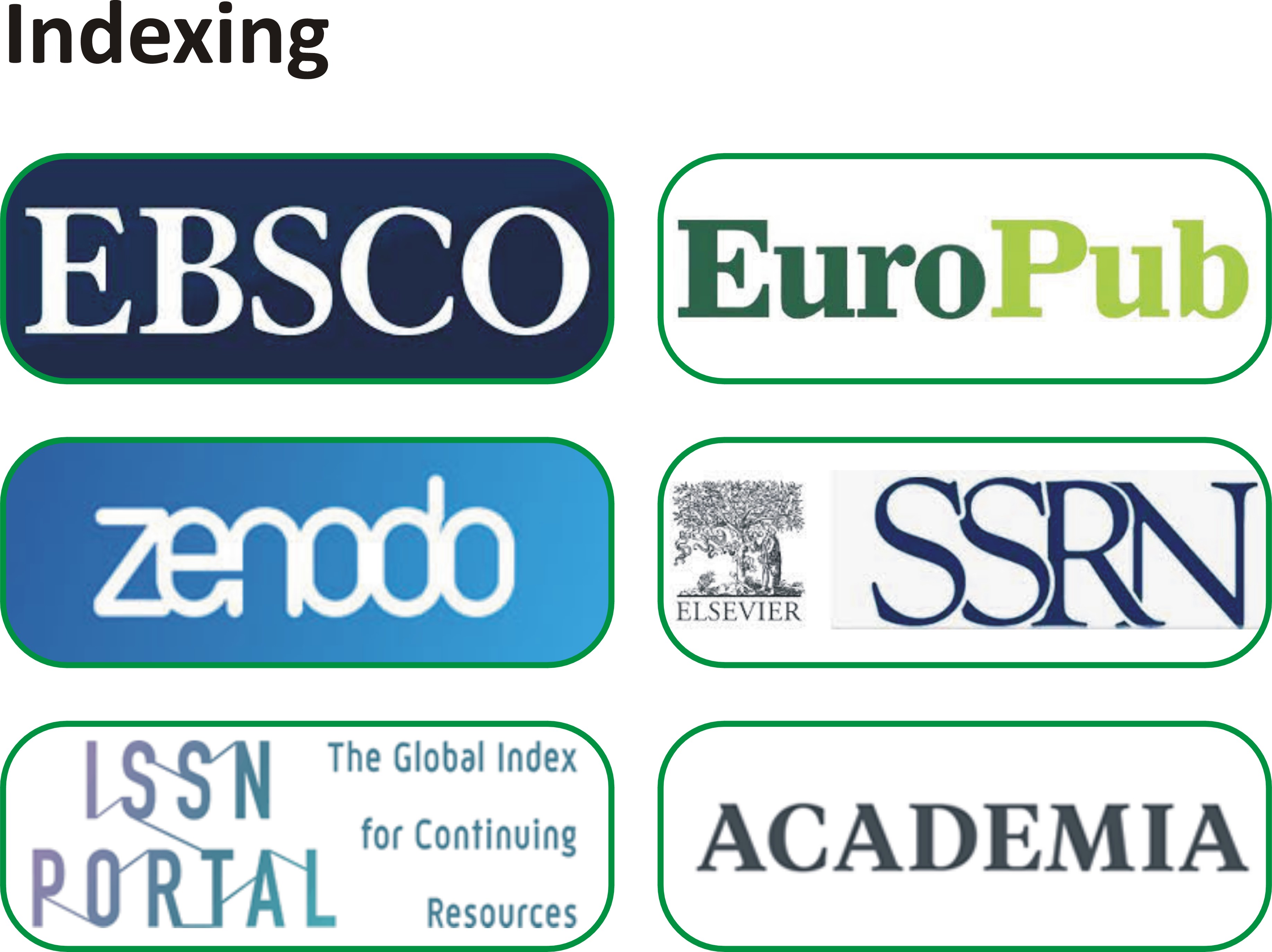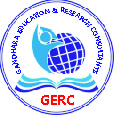Analyzing the efficiency of Alternative Dispute Resolution: A study of Dispute Resolution Council in Pakistan
Abstract
Dispute resolution councils (DRCs) in Pakistan have emerged as a popular and effective mechanism for resolving disputes at the community level. DRCs are composed of local representatives and community leaders who provide a quick and accessible means of dispute resolution for people who may not have access to the formal justice system. However, despite their popularity, DRCs confront a variety of difficulties and flaws that must be fixed to increase their efficacy and sustainability. These challenges include the lack of trained personnel, inadequate resources, limited public awareness and trust, limited expertise in dealing with complex legal issues, and a need for better coordination with the formal justice system. To address these challenges, it is recommended that DRCs receive regular training and capacity-building, greater resource allocation, improved public awareness and trust, better integration with the formal justice system, and better monitoring and evaluation mechanisms. By implementing these recommendations, it is possible to improve the effectiveness and sustainability of DRCs in Pakistan and to ensure that they provide accessible, affordable, and reliable justice to the people of Pakistan.
Copyright Notice Submission of an article implies that the work described has not been published previously (except in the form of an abstract or as part of a published lecture or academic thesis), that it is not under consideration for publication elsewhere, that its publication is approved by all authors and tacitly or explicitly by the responsible authorities where the work was carried out, and that, if accepted, will not be published elsewhere in the same form, in English or in any other language, without the written consent of the Publisher. The Editors reserve the right to edit or otherwise alter all contributions, but authors will receive proofs for approval before publication. Copyrights for articles published in IJSSA journal are retained by the authors, with first publication rights granted to the journal. The journal/publisher is not responsible for subsequent uses of the work. It is the author’s responsibility to bring an infringement action if so desired by the author.



